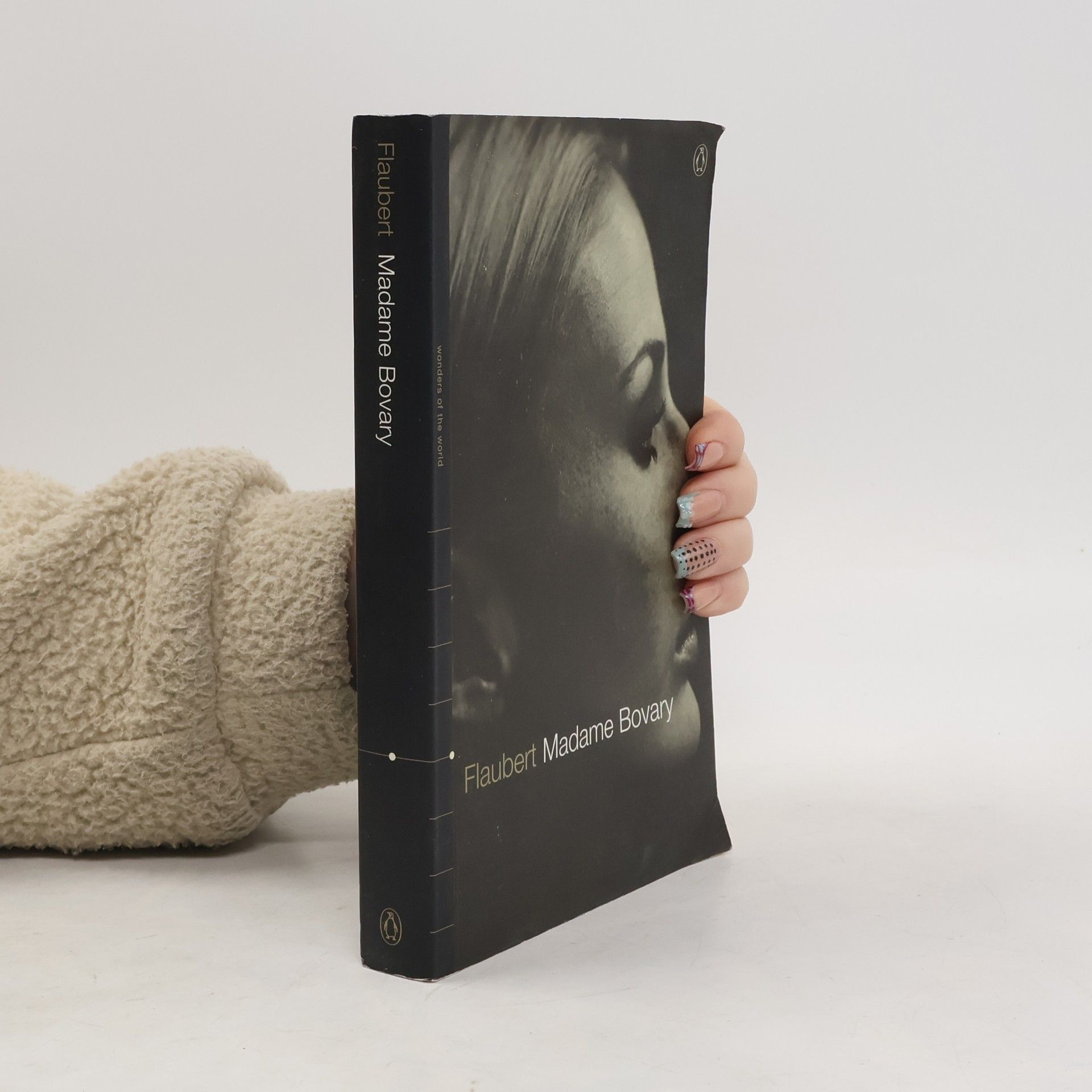Une jeune femme romanesque qui s'était construit un monde romantiquement rêvé tente d'échapper - dans un vertige grandissant - à l'ennui de sa province, la médiocrité de son mariage et la platitude de sa vie. Mais quand Flaubert publie Madame Bovary, en 1857, toute la nouveauté du roman réside dans le contraste entre un art si hautement accompli et la peinture d'un univers si ordinaire. L'écriture transfigure la vie, mais s'y adapte si étroitement qu'elle la fait naître sous nos yeux. « Ce n'était plus du roman comme l'avaient fait les plus grands », dira Maupassant : « C'était la vie elle-même apparue. On eût dit que les personnages se dressaient sous les yeux en tournant les pages, que les paysages se déroulaient avec leurs tristesses et leur gaieté, leurs odeurs, leur charme, que les objets aussi surgissaient devant le lecteur à mesure que les évoquait une puissance invisible, cachée on ne sait où. » --back cover
Geoffrey Wall Livres
Geoffrey Wall est un biographe et traducteur littéraire distingué, avec un accent particulier sur les auteurs français tels que Flaubert et George Sand. Son travail se caractérise par un profond engagement envers leurs vies et leurs écrits, explorant les thèmes, le style et l'héritage littéraire. L'intérêt de Wall pour l'histoire orale enrichit davantage sa contribution, reliant le passé et le présent pour éclairer les processus créatifs de figures littéraires importantes.


Wonders of the World: Madame Bovary
- 320pages
- 12 heures de lecture
'Oh, why, dear God, did I marry him?' Emma Bovary is beautiful and bored, trapped in her marriage to a mediocre doctor and stifled by the banality of provincial life. An ardent devourer of sentimental novels, she longs for passion and seeks escape in fantasies of high romance, in voracious spending and, eventually, in adultery. But even her affairs bring her disappointment, and when real life continues to fail to live up to her romantic expectations, the consequences are devastating. Flaubert's erotically charged and psychologically acute portrayal of Emma Bovary caused a moral outcry on its publication in 1857. It was deemed so lifelike that many women claimed they were the model for his heroine; but Flaubert insisted: 'Madame Bovary, c'est moi.' This modern translation by Flaubert's biographer, Geoffrey Wall, retains all the delicacy and precision of the French original. The edition also contains a preface by the novelist Michèle Roberts.